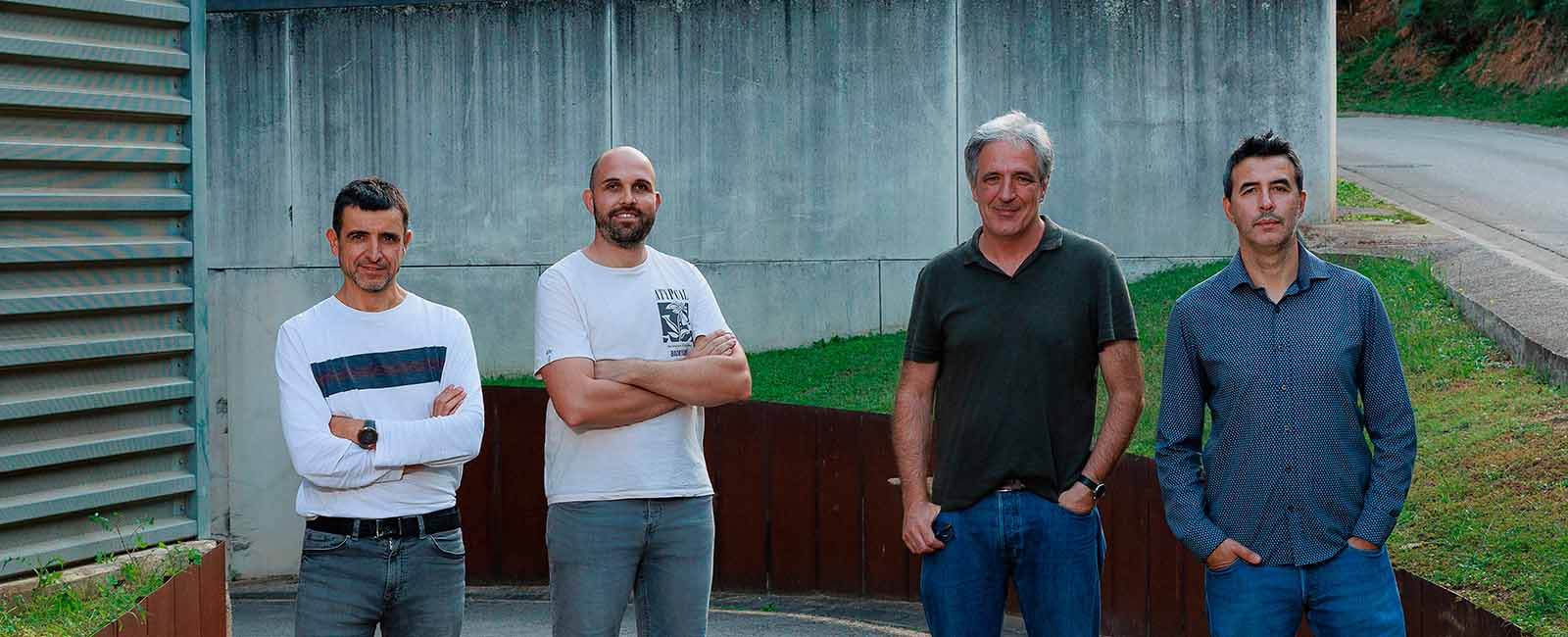RESEARCH TEAM
Principal investigators: Miquel Costas Salgueiro (Universitat de Girona) and Daniel Maspoch Comamala (Institut Català de Nanociència i Nanotecnologia, ICN2).
Team members: Arnau Call Quintana (Universitat de Girona) and Xavi Ribas Salamaña (Universitat de Girona).
DESCRIPTION
The goal of this project is to achieve a fundamental advance in the transition to a more sustainable chemistry using a new type of catalyst inspired by molecules found in nature. “This is a disruptive idea in that it is not about improving existing techniques but about developing new, inherently more sustainable processes that are not possible with today’s chemistry,” explains Miquel Costas, Professor of Inorganic Chemistry at the Universitat de Girona and one of the project’s PIs.
The team will artificially simulate certain features of enzymes, the molecules that act as the organism’s biological catalysts, accelerating and facilitating the chemical reactions essential to life. Specifically, the idea is to “mimic” the structure of enzymatic cavities, controlling the selectivity and stability of the chemical reactions that occur within them. To this end, they will use reticular structures of the type known as MOFs and COFs (metal organic frameworks and covalent organic frameworks) – originally conceived by Omar Yaghi, 2018 Frontiers of Knowledge Laureate in Basic Sciences – composed of the same kind of metals found in enzymes, in this way mirroring the efficiency of catalysts in nature.
“What this does is give us a far more direct route for chemical synthesis that generates much less waste,” says Costas. “From a sustainability standpoint, this would mean far more efficient reactions than we can achieve today.”
The project will run for three years, in which time the team hopes to demonstrate “proof of concept,” producing the first prototypes of these new catalysts. Costas is convinced that, once its effectiveness is proven, the technology could have a transformative impact on the chemical industry, particularly in pharmaceuticals: “We believe it will be possible to modify reactions with compounds like steroids, which are the basis of many drugs, delivering important applications in this domain.”

